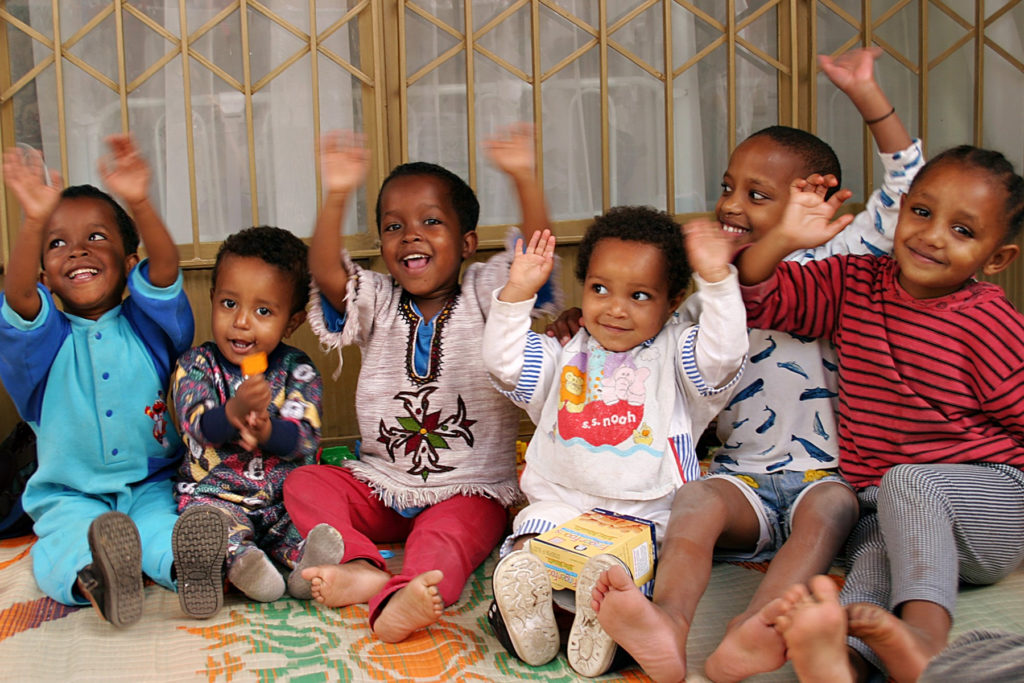Practice Areas
Anxiety
Adjustment Disorders
Depression
Obsessive Compulsive Disorder
High Functioning ASD
Parent-Child Conflict & Skill Development
Phobias
Self-Esteem Enhancement
Special Needs Sibling & Family Support
Social-Emotional Skill Development
Emotional Regulation
Empowering Clients Who Feel Unseen & Voiceless
Conflict Resolution & Mediation
Self-Harm & Other Self-Destructive Behaviors
Difficult Developmental Transitions & Overwhelming Stress
Cleveland Integrative Counseling's Unique Areas of Expertise

Mindfulness-Based Cognitive Therapy (MBCT) merges cognitive therapy with a contemporary mindfulness approach. MBCT integrates practices such as meditation, breathing exercises, progressive muscle relaxation, and guided imagery into the therapeutic dynamic. Using these tools, children and adolescents are taught how to break away from maladaptive coping mechanisms, problematic thoughts and behaviors. This integrated therapy is particularly effective for children with anxiety by heightening their awarness and empowering them with tools to manage their thoughts, emotions and experiences. Along with anxiety, MBCT can be particularly helpful for children with symptoms of: depression, panic disorder, obsessive-compulsive disorder, PTSD, social phobias, separation anxiety, and school refusal.

Adoption & Child Welfare

Dr. Cristina Nedelcu has an area of expertise in child welfare, specifically the developmental outcomes of domestic and international adoptees and stresses of acculturation and environmental adaptation for immigrant families.
Cristina works to address the major themes in therapeutic work with adoptees such as grieving multiple losses at the same time: loss of bio parents, siblings, culture, language, favorite foods, friends for older kids, etc.
She is a first-generation immigrant from Romania and is fluent in 3 languages: Romanian, English and French.
Supportive Parenting for Anxious Childhood Emotions (SPACE)
SPACE, Supportive Parenting for Anxious Childhood Emotions, helps parents learn supportive ways to respond to their child’s behaviors and communicate confidence in their ability to cope with these strong feelings.
SPACE is conducted with the parents/caregiver, not with the child. Over the course of 8 - 12 weeks, parents work to identify ways in which accommodating behaviors (e.g. not inviting friends over if their child has social anxiety, buying more soap if they have contamination OCD, or repeatedly answer the phone if child has separation anxiety) may be perpetuating their child’s symptoms, and develop a plan to reduce these accommodations. Parents are also given problem-solving strategies for responding to their child’s reactions to the changes.
Through SPACE, parents learn that by changing their own behavior, they can avoid much of the escalation that stems for trying to force their child to act differently. Furthermore, not only does SPACE reduce anxiety symptoms in the child just as well as conventional therapy, but parents also report a much better relationship with their children. Moreover, studies show an increase in therapeutic engagement, both in attending therapy and practicing skills, amongst the formerly resistant children/adolescents.
SPACE is particularly helpful for children/adolescents with anxiety and obsessive-compulsive disorder. Since treatment is conducted with the parent, not the child, SPACE is an option for the parents of children that are unwilling to attend therapy.
Beth Roth was trained in the SPACE protocol by Dr. Eli Lebowitz, associate director of the Anxiety and Mood Disorders Program at the Yale Child Study Center and lead author of the SPACE technique.
For additional information, please refer to the NIH study on the efficacy of SPACE.

For questions, or to schedule an appointment, please call: (216) 600 - 8008
